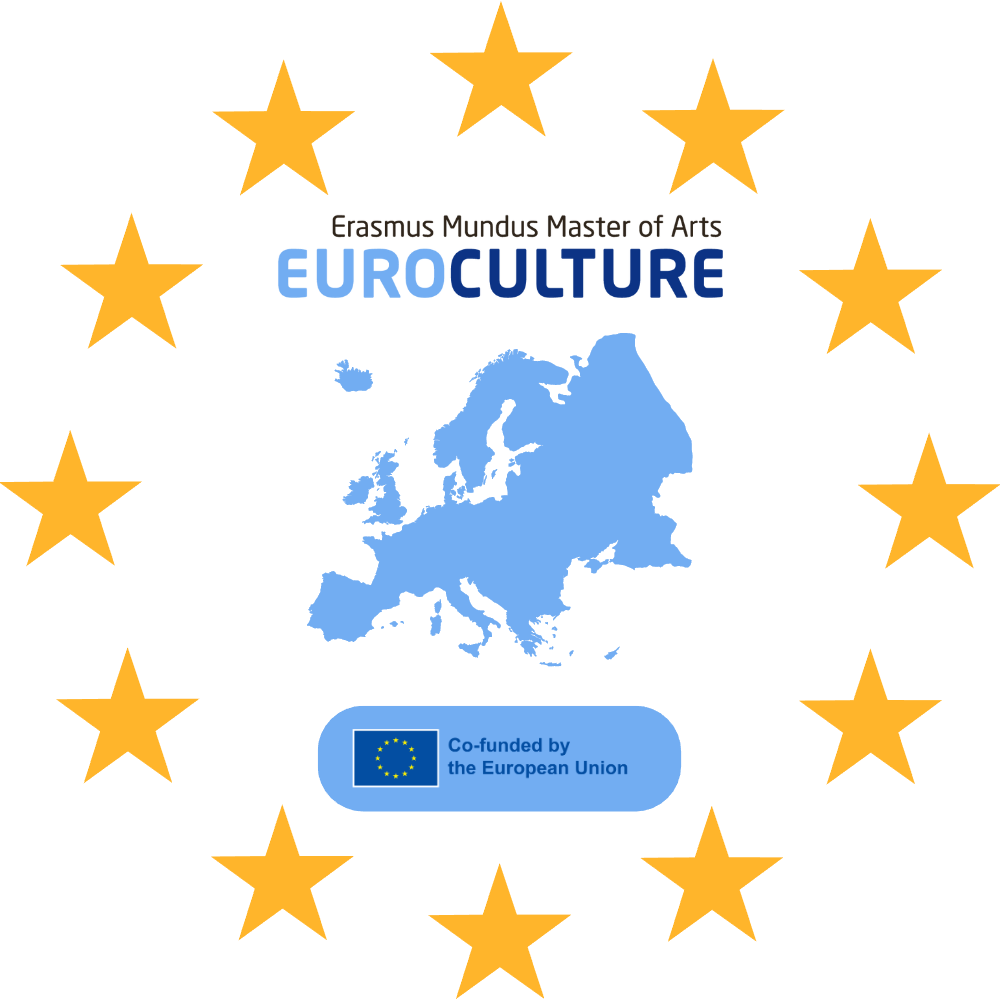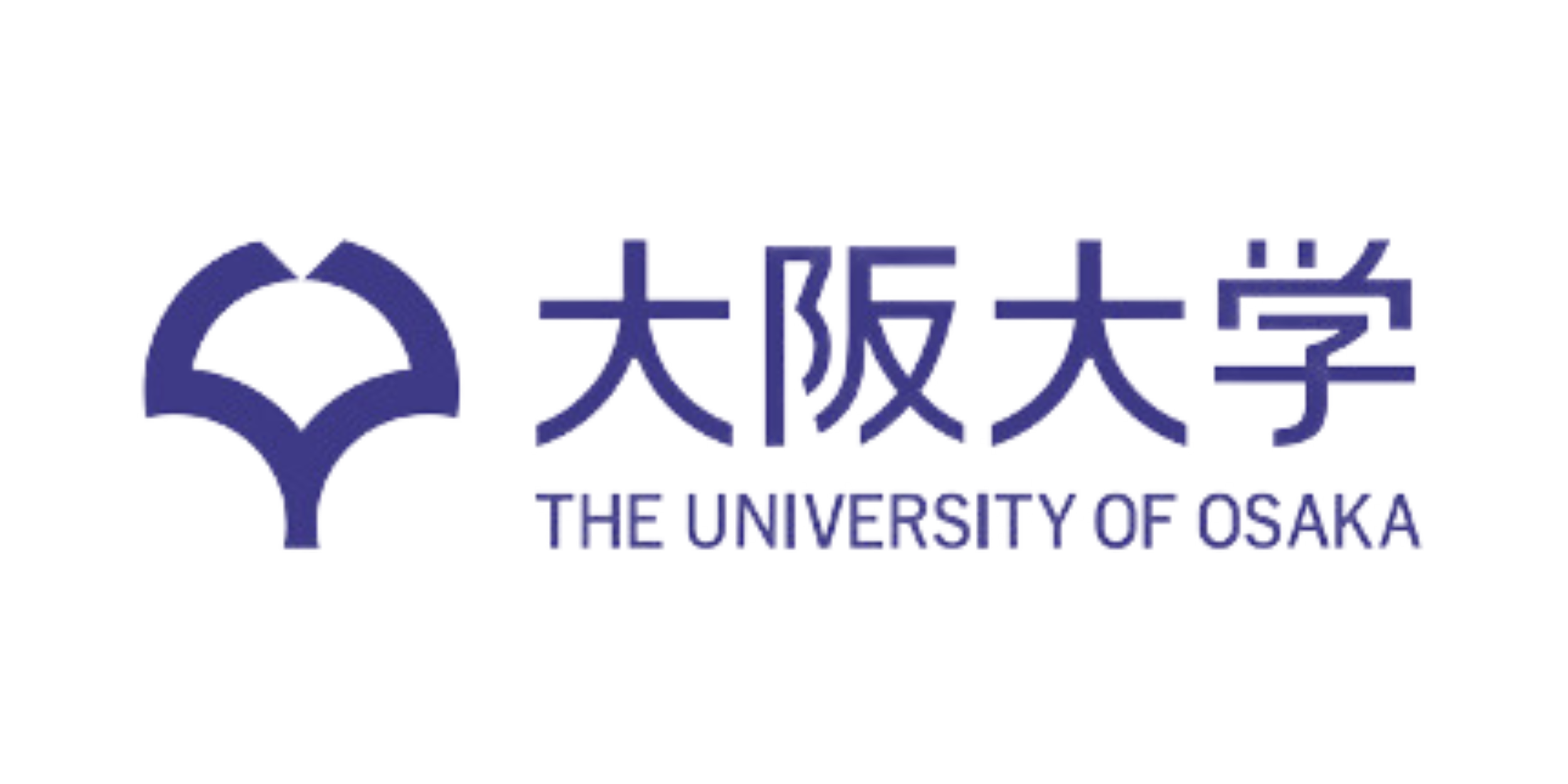
Partners
European Partner Universities
The European partner universities are core contributors to the Euroculture programme. These universities offer the full two-year degree programme, including all four semesters of Euroculture. For more information on the general structure of mobility in Euroculture, please review our pages on the mobility scheme and the curriculum. For more information on the profiles of each of our participating universities, follow the links below.
Georg-August-Universität Göttingen, Göttingen (Germany)
Rijksuniversiteit Groningen, Groningen, (the Netherlands)
Università degli studi di Udine, Udine (Italy)
Université de Strasbourg, Strasbourg (France)
Univerzita Palackého v Olomouci, Olomouc (Czech Republic)
Uniwersytet Jagiellonski w Krakowie, Kraków (Poland)
Uppsala Universitet, Uppsala (Sweden)


Partner Universities Outside Europe
Our partner universities outside Europe are core contributors to the Euroculture programme. However, they do not offer the full two-year degree programme. Instead, these universities offer a specialized academic track that can be attended in the second year of the programme. For more information on these tracks, please review our curriculum page. For more details on the offer of each of these universities, follow the links below.


Associated Partners of Euroculture
The following organizations do not offer the Euroculture programme, and are not directly involved in the organization of the programme.
Instead, these associated partnerships are based on various shared (research) interests and identified shared societal needs.
Archi-Strasbourg (https://www.archi-wiki.org/)
European Citizen’s Initiative My Voice, My Choice (https://www.myvoice-mychoice.org/)
Eurosoc Digital gGmbH (https://www.eurosoc-digital.org/en/)
Gesellschaft für bedrohte Völker / Society for threatened Peoples (https://www.gfbv.de/en/)
Bibliothèque nationale et universitaire de Strasbourg (https://www.bnu.fr/fr)
Central European Initiative (https://www.cei.int)
Associazione Universitaria di Studi Europei (https://www.ause.eu)
Heinrich-Böll-Stiftung Prague (https://cz.boell.org/en)
Muzeum umění Olomouc / Olomouc Museum of Art (https://muo.cz/en/)
Muzeum romské kultury / Museum of Romani Culture (https://www.rommuz.cz/en/)
Open Society Fund Praha (https://osf.cz/en/)
Europeum, Institute for European Policy (https://www.europeum.org/en/)
Euro-Mediterranean University (https://emuni.si)
Accademia Europeista del Friuli Venezia Giulia (http://www.accademia-europeista.eu)
MIB Trieste School of Management (https://mib.edu)
New Eastern Europe (https://www.kew.org.pl/en/)
Galicia Museum (www.galiciajewishmuseum.org)
The Kosciuzko Institute (https://ik.org.pl)
Fundacja Internationaler Bund (https://ib-polska.pl)
Villa Decjusza (https://willadecjusza.pl)
European Centre for Minority Issues (https://www.ecmi.de/)
Institut Pour la Paix (https://www.institutpourlapaix.org/)
Balkans Beyond Borders (https://www.balkansbeyondborders.eu/)
Mouvement Europeen (European Movement International) (https://europeanmovement.eu/)
Transformative Vision Europe (https://transformative-vision-europe.com/)
Museum Friedland (https://www.museum-friedland.de/en/)
European Policy Centre (https://epc.eu/en/)
Friends of Europe (https://www.friendsofeurope.org/)













